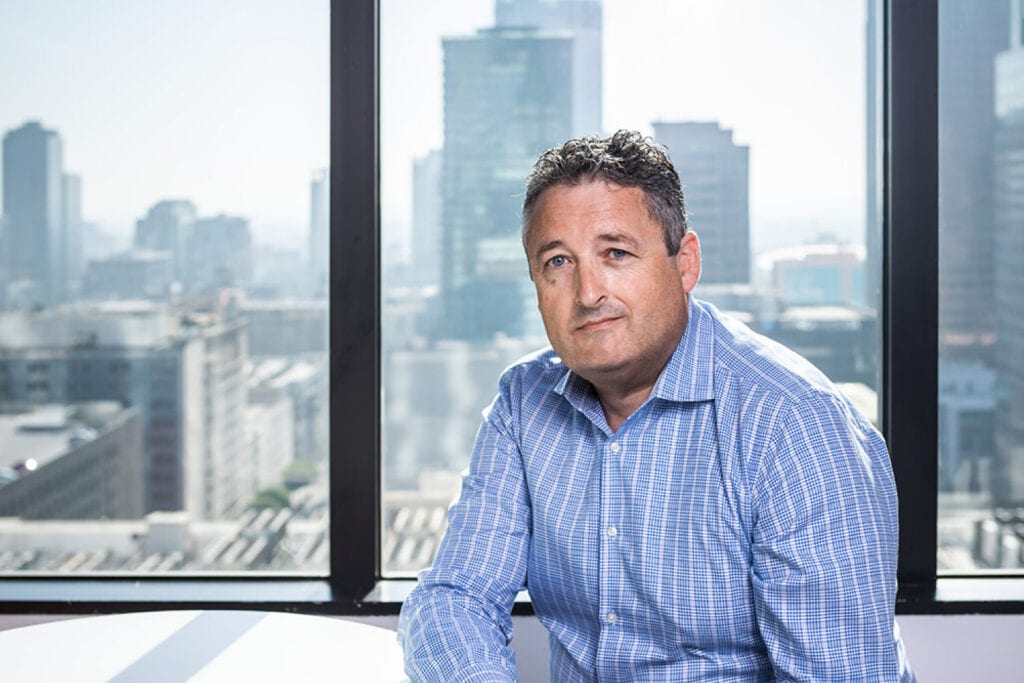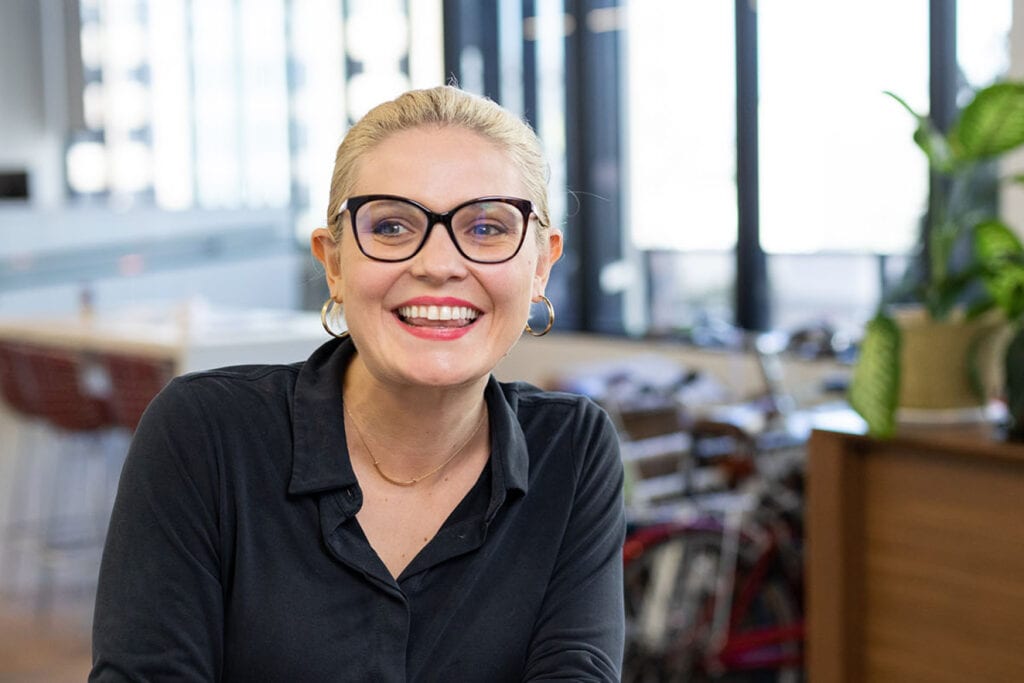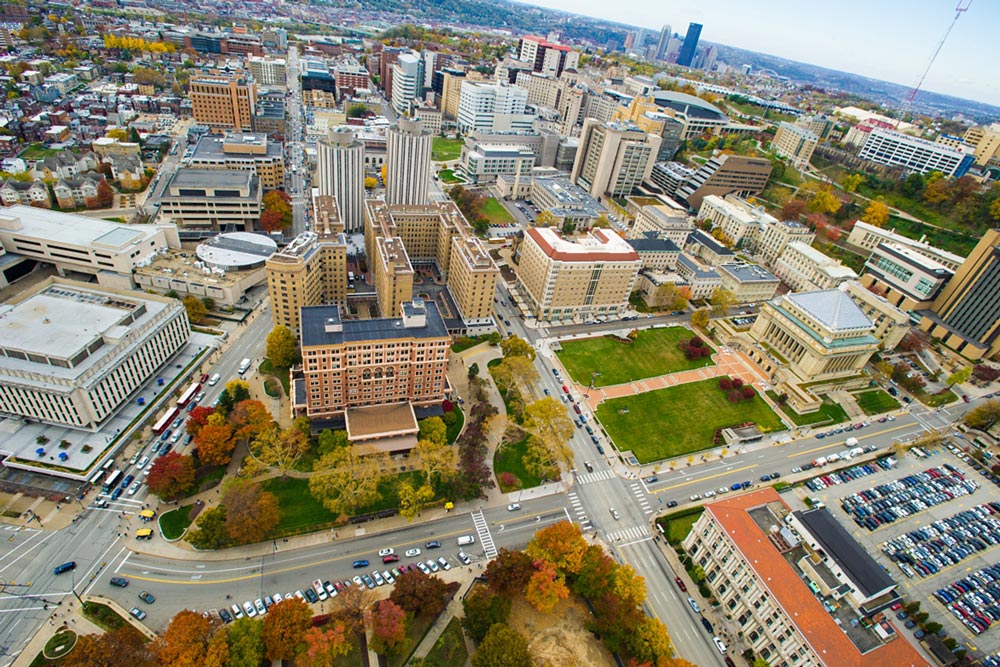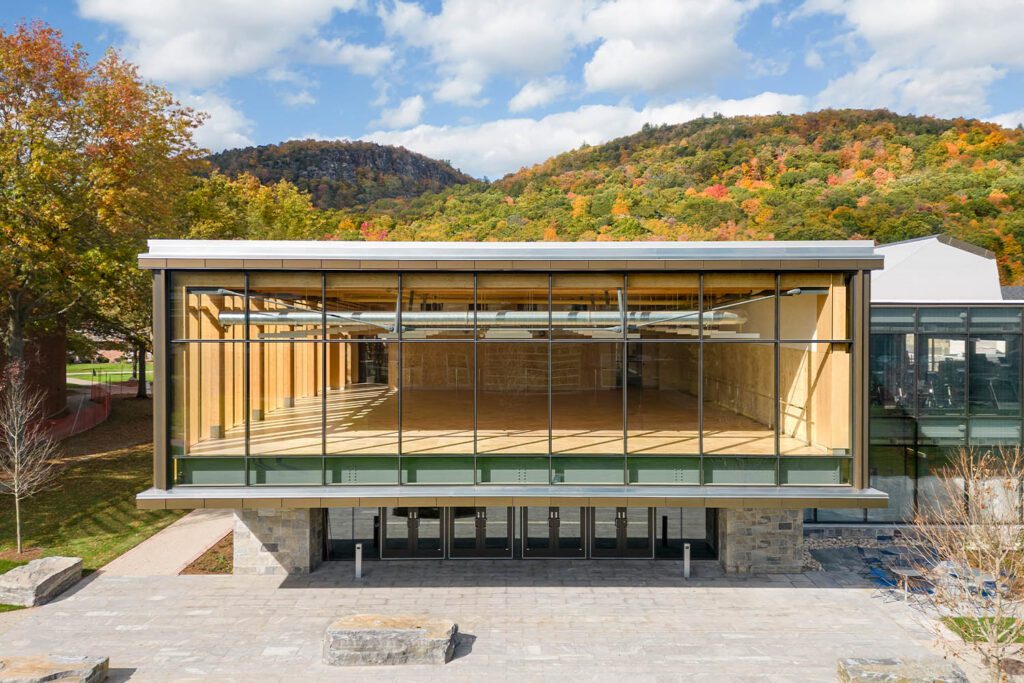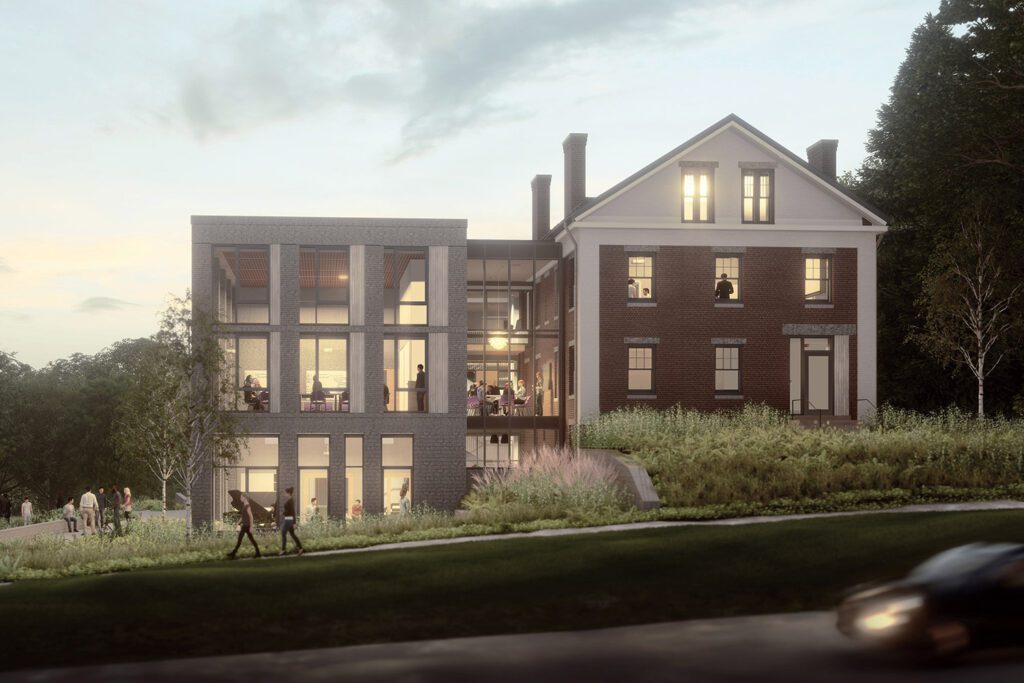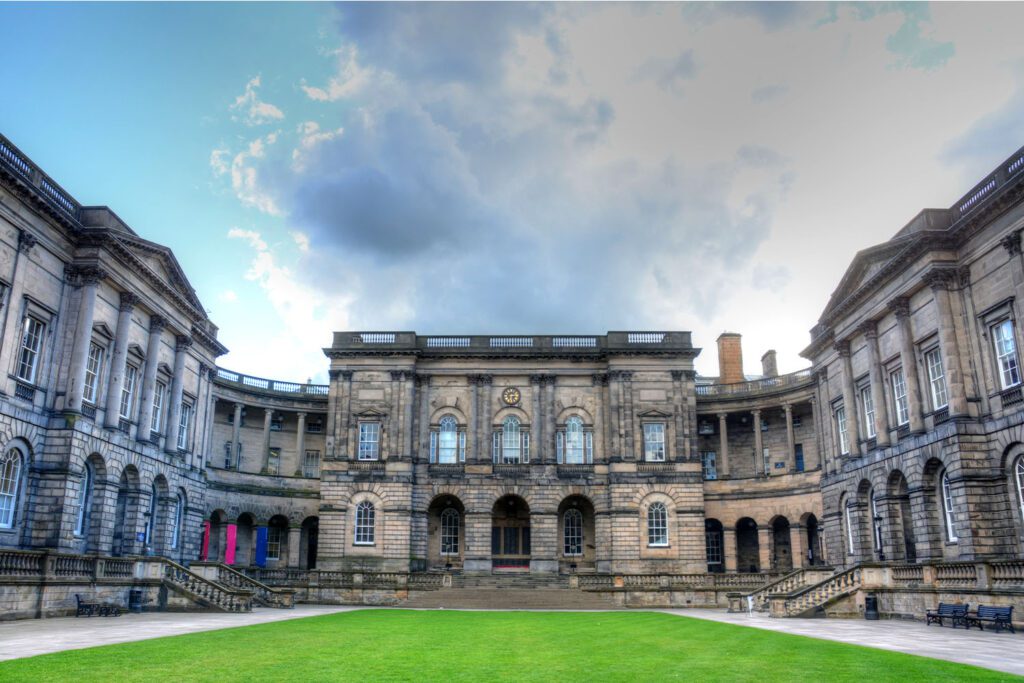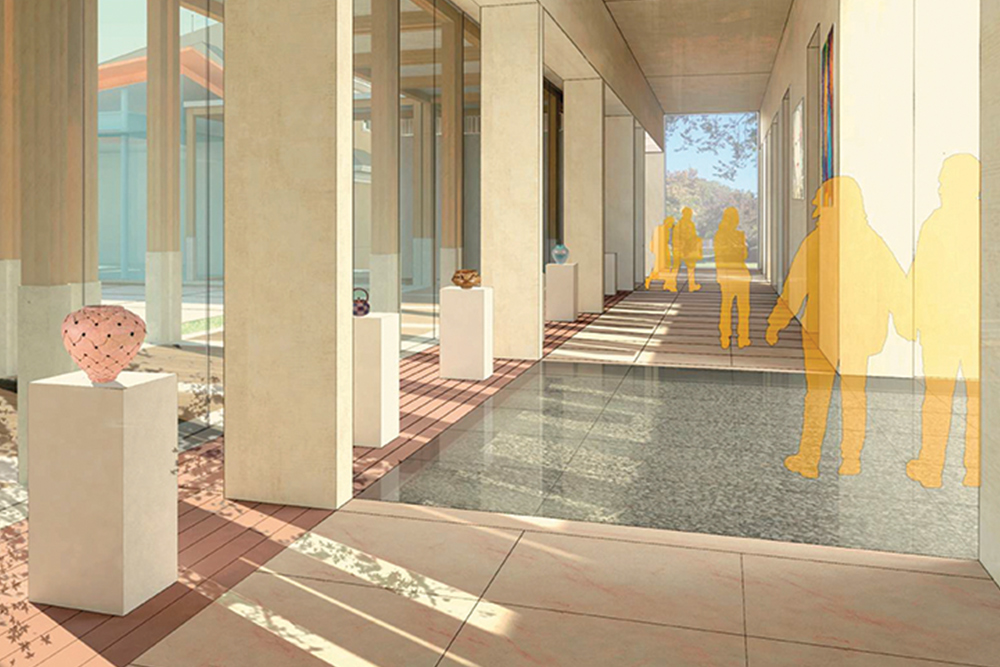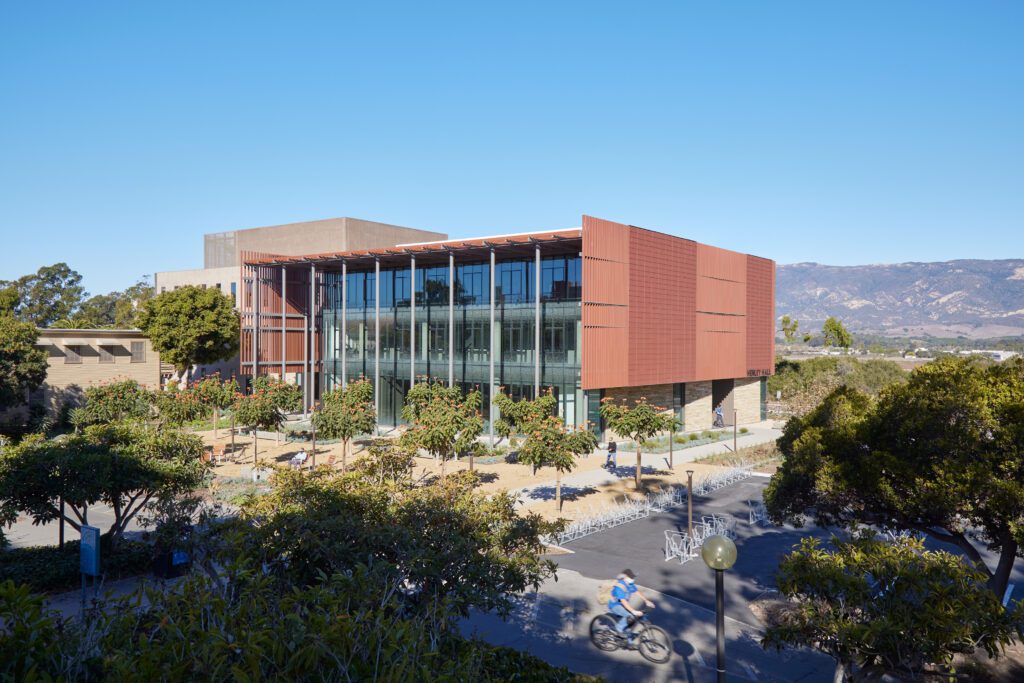
College of the Desert, Palm Springs Site Development Plan
Palm Springs, CA
Project details
Client
Moore Ruble Yudell / Desert Community College District
Duration
October 2019 – June 2020
Services provided by Buro Happold
Analytics, Energy consulting, Health wellbeing and productivity, People movement, Sustainability, Waste management, Water
In 2018, the College of the Desert acquired a 27-acre site in the heart of Palm Springs, a once-in-a-generation opportunity to develop a centrally-located satellite campus that could serve the students of the Coachella Valley with creative industry partnerships in Hospitality and Tourism, Digital Arts, Sustainability and Health Care.
The President of the College also made clear that sustainable development would be a priority, presenting the campus itself as an opportunity to lead by example for the Desert Community College District (the “District”) as well as California Community Colleges at large.
Challenge
The opportunity for sustainable development was rooted in the decision to invest in the heart of Palm Springs. The infill location is readily accessible by future students, faculty, and staff, and it was not going to require the same kind of land disturbance and new city infrastructure that are required at greenfield sites. However, the Palm Springs location also meant that the campus design would have to be highly resilient, given that its climate will soon reflect the characteristics of present-day Dubai.
While the Coachella Valley’s dry desert climate provides a lot of solar exposure and potential for renewable energy generation, it presents several challenges related to resource consumption and providing comfortable places and spaces for people to teach, learn, and visit. These challenges are expected to intensify in the future, as climate change will introduce increased temperatures and heat events, as well as extreme variations in precipitation. This also increases the need to reduce reliance on centralized infrastructure networks that will face increasing strain and potential outages in the future.

The College of the Desert is striving to be an exemplar of efficient and responsible design, setting a high bar within the education sector and beyond. Image: Moore Ruble Yudell
Solution
Delivering positive environmental, social and economic outcomes throughout the lifecycle of the College of the Desert Palm Springs campus – especially for a fast-tracked Master Plan and Basis of Design – required a clear and coherent sustainability strategy. Buro Happold’s sustainability consultants developed a bespoke Sustainable Master Plan Framework that articulates the design vision for a sustainable campus and equipped both the design team and the District with the information, decision tools, and key performance indicators needed for cohesive and sustainable growth.
Buro Happold coordinated the development of strategies to deliver upon the high aspirations for sustainable building and campus certifications, renewable energy, water conservation, thermal comfort, and sustainable materials and waste strategies. After identifying a wide set of potential strategies, Buro Happold validated design decisions with extensive modeling (building energy modeling, universal thermal comfort analysis, and pedestrian flow modeling) and a multi-criteria assessment including considerations of cost, maintenance, resilience, and environmental and social benefits.
Among the strategies that emerged were pursuing LEED Gold certification for all buildings, deploying extensive solar photovoltaics that would meet at least 50 percent of annual energy demand, reducing potable water demand through climate-appropriate landscaping and stormwater reuse, meeting healthy materials criteria, and optimizing window-to-wall ratios and shading to minimize solar heat gain.

Our experts worked seamlessly together to develop a clear strategy towards meeting our client’s ambitious low-carbon goals. Image: Moore Ruble Yudell
Value
This will be the District’s first campus built after the Board of Governors of the California Community Colleges adopted a sustainability policy to address climate change and further environmental sustainability. The policy includes seven major goals which were taken into consideration throughout the development of the Site Development Plan, including a requirement that 50 percent of energy consumption come from renewables by 2030.
Buro Happold’s consultants took that high-level sustainability policy and translated it to the master plan and basis of design, the first such effort since the policy was adopted. The Sustainable Master Plan Framework was designed with flexibility in mind, including “run down” lists of design and operational strategies that could be pursued in the event of unforeseen barriers and constraints for the intended strategies. As a dynamic decision-making tool, it is adaptable to changing circumstances, ensuring its continued relevance to the College of the Desert.

Energy-efficient systems and low-carbon materials will be key to creating a campus that treads lightly on the planet. Image: Moore Ruble Yudell



